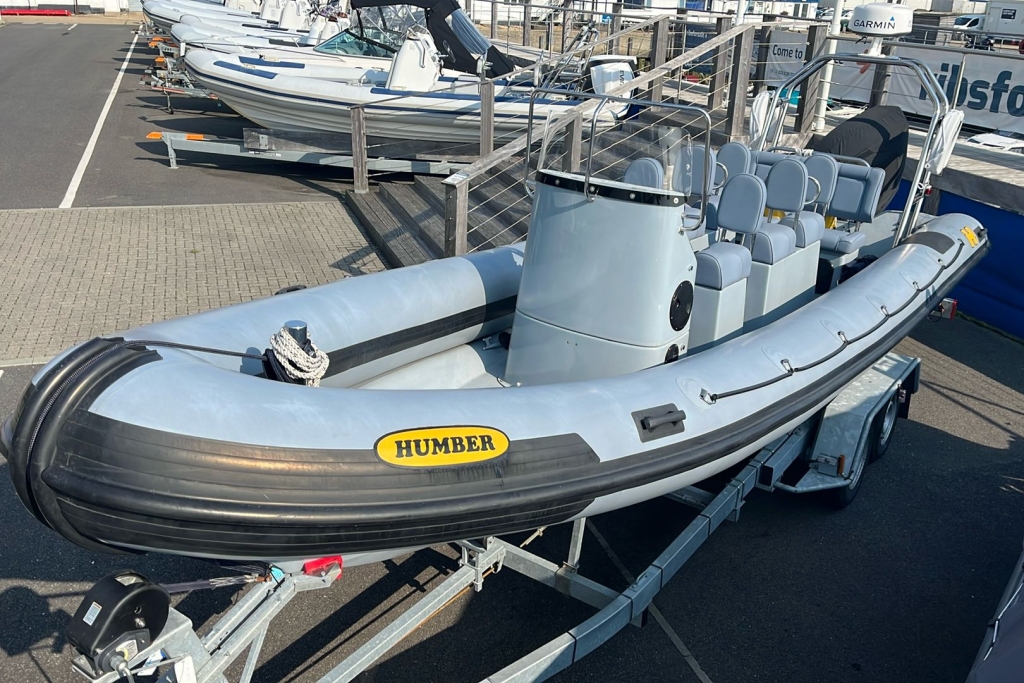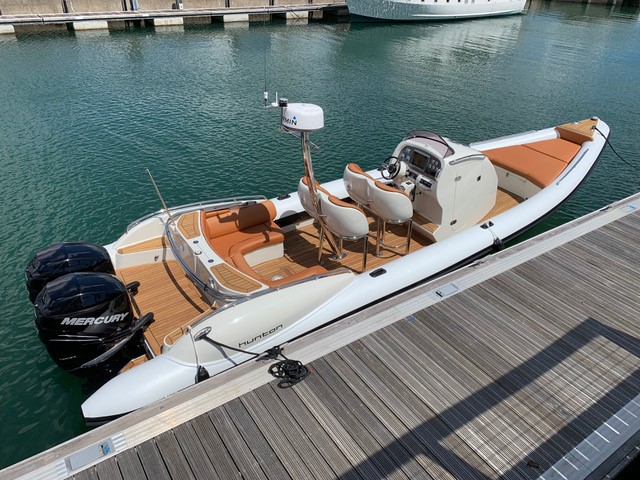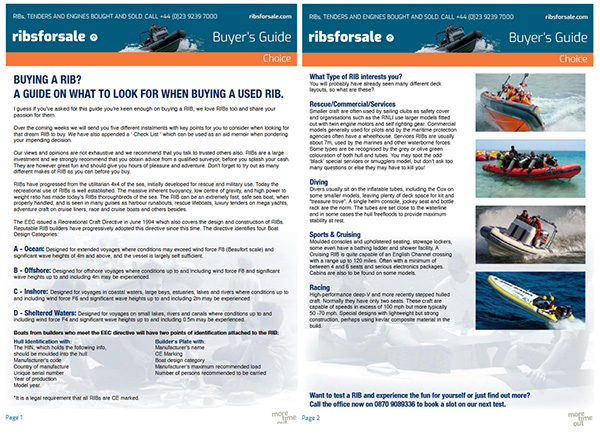RIB Handling – Fog & Restricted Visibility – Part 1
Some coastal regions of the British Isles suffer from ‘sea fog’ which forms when moist air is cooled to saturation point by traveling over a cooler sea. The wind may then take the fog into coastal regions. This type of fog tends to occur in spring and Summer, and particularly affects south western and North Sea coasts.
Even with a full suite of electronic aids to navigation onboard your RIB, the onset of restricted visibility can be unnerving for even the most experienced RIB helm.
Fog is the primary cause of reduced visibility, but haze, heavy rain and snow all present challenging conditions for RIB owners. Boating in these conditions presents two hazards, navigational mistakes and collisions with other vessels.
Speed
Preventing both of these begins with reducing your speed. The saying, “Be able to stop in half the distance of visibility” doesn’t appear in the Rules of the Road, but it is an excellent adage to remember.
Sound Signals
Fog signals must be sounded; the time interval specified in the Col Regs is the minimum.
As a RIB making way, you should sound a minimum of one prolonged blast every two minutes. As a RIB not making way (ie stopped, drifting or engines in neutral), you should sound two prolonged blasts every two minutes with a one second interval between blasts.
Other tips include varying your sound interval so that there is no possibility of your signals being in step with another vessel’s, thereby preventing you from hearing them.
Look Outs
Listening for another vessel’s fog signals is just as important as sounding your own. If you have crew aboard your RIB, post a lookout well forward to the bow and consider having another person aft if possible. The lookout should listen as well as look. Listen for other vessels, the sound of aids to navigation, breaking surf, and other helpful sounds. Lookouts are especially important if you have a cabin RIB and your helm station is inside or your engines are particularly intrusive. Switch bow and stern lookouts occasionally to provide some variety and increase alertness.
Outboard Engine Noise
If your engines are noisy, periodically shift into idle, or even shut them down for a few minutes to listen for faint fog signals. The transmission of sound in foggy conditions is tricky, if you hear something, don’t jump to a quick conclusion about its direction and distance, listen some more.
Travelling With Other RIBS
If several RIBS are travelling together, it is advisable that stay close in a column formation in which closely following vessels aren’t directly behind the leader so they can easily steer clear if the lead vessel stops suddenly.
Here’s a photo of mild sea fog taken from a RIB of Poole Sea Safaris (highly recommended by the way) this month.
















